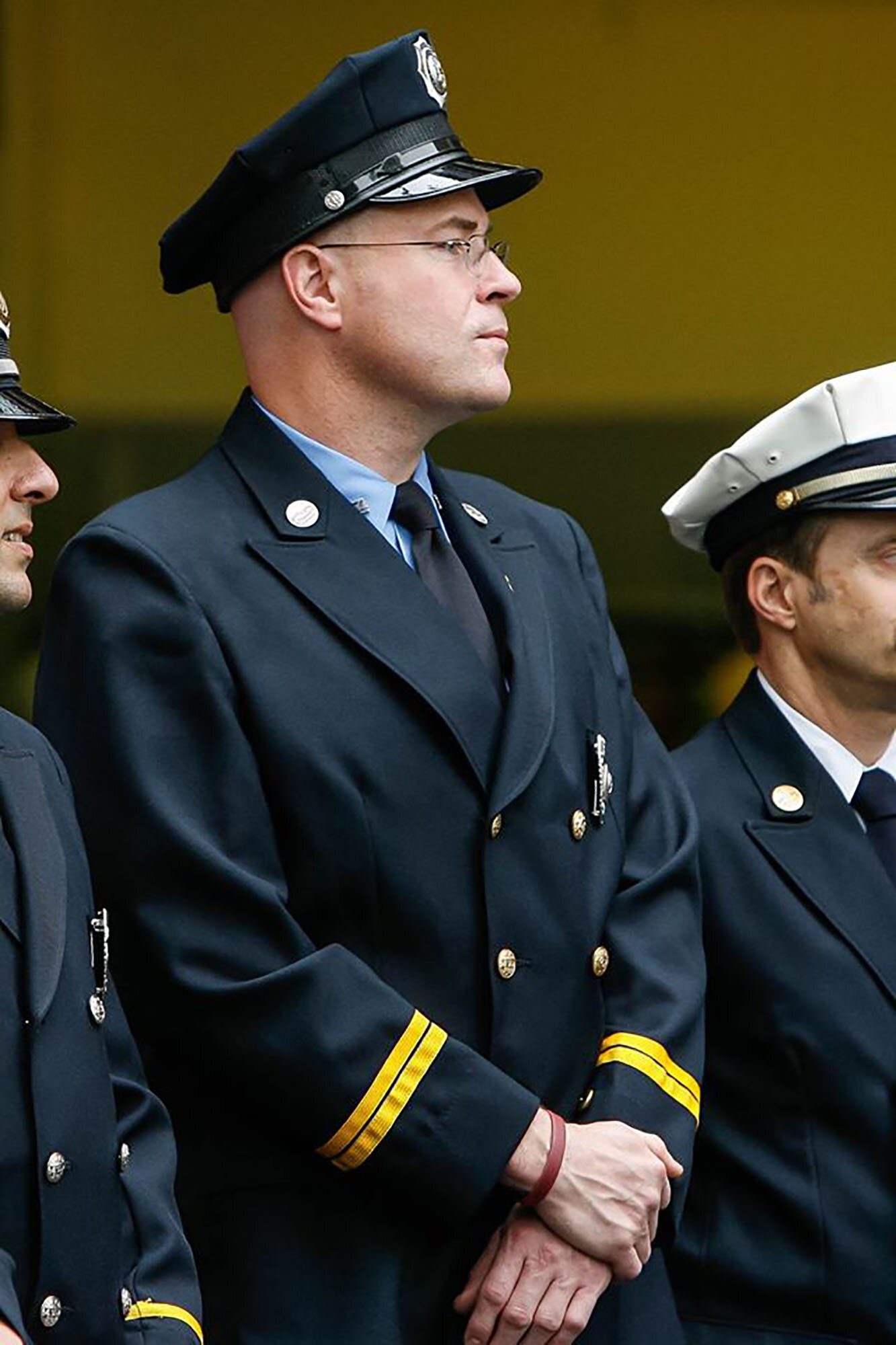2020 in Review: Before and (Mostly) After
Leafing through the back issues of the Swarthmorean from the early weeks of 2020 is like peering through the wrong end of a telescope into a lost world. That pre-COVID life looks at once so normal and so strange that reading about it can be disorienting.
Here is a review of what we were doing and thinking about in 2020, as it showed up in the pages (and website) of this newspaper.
If you think we’ve left things out, please write to tell us: editor@swarthmorean.com. We’d love to know what was particularly significant to you.
BC (Before COVID)
The intersection of Yale and Cornell avenues. Photo: Rachel Pastan
In January and February, Swarthmoreans were preoccupied by the intersection of Yale and Cornell avenues, the site of several car accidents. Many borough council and public safety committee meetings were taken up with the question of whether to install more stop signs.
In other Swarthmore government news, David Creagan finished up his term as president of the borough council, and Mary Walk was selected to take his place. Jill Gaieski was sworn in as Swarthmore Borough Council’s newest member.
Swarthmore hired a new part-time police officer in February. The police department also entered a review by the Pennsylvania Department of Community and Economic Development, a long process completed this fall. Jen Stock resigned as director of the Helen Kate Furness Free Library to take another job, and Leah Kulikowski was hired to replace her.
Meanwhile, up on the hill, Swarthmore College opened its newest building, Maxine Frank Singer ’52 Hall. Two physics professors, Cacey Bester and Amy Graves, were awarded a $600,000 National Science Foundation grant to study flow. Swarthmore Borough approved a major project for the college to turn its out-of-date dining hall into a student center and erect a new dining hall.
Senior Forward Nate Schafer helped the number-one Swarthmore College men’s basketball team build on its program-record winning streak on January 25. The Garnet trounced the visiting McDaniel College Green Terror in the most lopsided result of the season, 80-44, extending the streak to 17. Courtesy of Swarthmore College Athletics
The college’s men’s basketball team had a spectacular season, winning 26 games in a row and maintaining a number one ranking in the NCAA Division III from start to finish. The National Association of Basketball Coaches named Garnet head coach Landry Kosmalski the 2019-20 coach of the year.
In the Wallingford-Swarthmore School District, a mix-up with transcripts upset college-bound seniors, while the removal of books featuring diverse LGBTQ+ characters from a fifth-grade classroom brought angry students and parents out to speak at what turned out to be the last in-person school board meeting of the spring.
On a happier note, we had art exhibitions in actual galleries back then. Remember those? Back in February, the Community Arts Center held a major ceramic arts show featuring Peter Callas, while “Souls Shot,” portraits of victims of gun violence, was on view at the Swarthmore Presbyterian Church.
There were plays back then, too, and poetry readings. Lectures and game nights. Kids went to story time at the library and adults attended Italian conversation get-togethers. In the March 13 edition of the Swarthmorean, the Community Calendar filled a whole page!
Almost all the events listed were canceled when Governor Tom Wolf mandated a shutdown of all but essential activity in the commonwealth beginning March 16.
AD (After Distancing)
So much of this year was about COVID-19. The Swarthmorean wrote about how it affected schools, businesses, families, the college, health care workers, and teachers. We devoted five editorials to the pandemic, trying to capture how people were feeling and what they were thinking. We wrote about working from home, the sense of impending doom, silver linings, and stir-craziness.
The first mention of the novel coronavirus in the pages of the Swarthmorean came on March 13, when we reported that the school district had canceled upcoming field trips. At the time, it was a wrenching decision. By March 16, the schools were closed, at first only for a week, although by early April the governor would order them to stay shut for the rest of the school year.
Also on March 13, we reported that Swarthmore College would extend its spring break an extra week. Soon, the college would announce plans to finish the semester remotely and hold commencement virtually. In late August, the college invited about half its student body back to campus, although it continued to teach most of its classes virtually. The college closed its campus — including the Crum Woods — to members of the community.
In the COVID months, we saw people and institutions trying to figure out how to adjust to pandemic life. In April, many people started sewing masks, most of which, at first, they donated to health care workers desperate for personal protective equipment. The Swarthmore Co-op and other businesses pivoted to online ordering, curbside pick up, and delivery. The Swarthmore Farmers Market reorganized itself, limiting shoppers and, for a while, mandating preordering. Swarthmore Borough Council approved parklets on Park and Dartmouth avenues so restaurants could serve diners out of doors. Many people got seriously into gardening.
William ‘Brad’ Blackman, an emergency medical technician and longtime fire company volunteer, was the only Swarthmore resident to die of COVID-19 this year. Photo: Brian Garfinkel
Brad Blackman, Swarthmore resident and 37-year fire company volunteer, died of COVID-19 on June 29. As of this writing, he is the only Swarthmorean to have died from the virus.
Overall, Swarthmore Borough has reported 119 cases of COVID-19. Nether Providence has reported 599 cases and 43 deaths. In Rutledge: 42 cases, one death. In Rose Valley: 13 cases and no deaths.
The City of Chester, where our columnist Stefan Roots lives and writes, has reported 1,754 cases and 52 deaths.
Racial Justice
2020 will also be remembered for the killings of Ahmaud Arbery, Breonna Taylor, George Floyd, and other Black men and women — including, in Philadelphia, William Wallace Jr. and Tracy “Mia” Green, a trans woman — as well as for the demonstrations in support of Black lives they prompted. Members of our community demonstrated to call attention to those horrors and to the myriad smaller and less visible sufferings of Black people and other people of color.
In Swarthmore, two demonstrations were held in support of the Black Lives Matter movement, and a Juneteenth celebration/commemoration was organized by residents of the Historically Black Neighborhood of Swarthmore.
The Wallingford-Swarthmore School District created two Diversity, Equity, and Inclusion committees — one a subcommittee of the school board, and one a bigger community group — with the goal of bringing more of each of those qualities to local schools.
Juneteenth in the Historically Black Neighborhood of Swarthmore. Photo: Andy Shelter
The first ever Indigenous Peoples Day was celebrated in Rutledge in September, after a group of Swarthmore-Rutledge School fifth graders proposed recognizing such a holiday last February.
The Swarthmore Human Relations Commission issued a mission statement in September pledging to “foster a community where everyone feels empowered to tell their own story, stand up to hate and discrimination, and where members are held accountable for the effects of their words and actions.”
Public Schools
Strath Haven High School graduation car parade. Photo: Ben Ainslie, SHHS ‘21
COVID made 2020 an agonizing year for many students, parents, teachers, school administrators, and school board members. It even rained on high school commencement day on June 5 — although the graduates seemed to enjoy their car parade through wet school-district streets.
Summer meetings of the Wallingford-Swarthmore School Board were spent listening to medical experts and debating school calendars. In July, the school board voted to open schools a week early to try to get ahead of an expected fall COVID wave. In August, members decided to start the year remotely to avoid an expected post-Labor Day surge. In September, they voted to offer a hybrid model of instruction to families who wanted it, allowing students to return to school buildings two days a week beginning October 1.
The district saw some significant personnel changes as well this year. Greg Hilden was hired as principal at Strath Haven High School, taking over from Acting Principal Andrea LaPira, who guided the school after Kristopher Brown left in January. School board member Damon Orsetti resigned in October after a controversial social media post, and the board selected Matthew Sullivan to replace him. In December, Superintendent Lisa Palmer announced that she will retire in June.
Village Vine chef Chris Galbraith brings his French fine dining training to Swarthmore. Photo: Rachel Pastan
Swarthmore Businesses
Swarthmore acquired some new businesses in 2020. Sal’s Barbershop, Village Vine wine bar and bistro, and Of Aspen (stationery, art supplies, and gifts) all opened this year.
COVID aside, alcohol might be the Swarthmore story of the year. Village Vine is only the second restaurant in the history of the town to serve adult beverages (the first being the Broad Table Tavern), and, in November, the Swarthmore Co-op started selling beer and wine, a development that has been a long time coming.
Perhaps even more notably, on November 10, Delaware County Court of Common Pleas Judge Barry Dozor struck down the 19th-century deed restriction prohibiting the sale of alcohol in parts of the borough.
Environment
The so-called Penn oak at 504 Walnut Lane was voted Swarthmore’s Favorite Tree. Already growing in William Penn’s time, the white oak may be the oldest tree in Swarthmore. Photo: John Wehmiller
2020 saw the creation of a new nonprofit organization, Friends of Little Crum Creek Park, led by Susan Kelly, that promotes invasive-plant removal and stream restoration in the park. Swarthmore Borough Council funded an inventory of the borough’s street and park trees to guide decisions about the borough’s canopy. Local residents weighed methods for fighting the invasive spotted lanternfly.
The Election
The 2020 election — a constant anxious drumbeat on the national scene — mostly showed up in this newspaper in relation to how to vote. New voting machines and no-excuse mail-in voting both debuted this year, as did ballot drop-boxes. And, of course, community members expressed strong emotions about the national political scene in our letters pages.
Our Volunteers
The Swarthmorean is very much a community enterprise. We’d like to thank the following people who gave generously of their time, enthusiasm, and expertise:
Deirdre Abrahamsson, Ben Ainslie, Colton Anckaitis, Laurie Bernstein, Andrew Bunting, Rachel Carp, Anna Cohen, David H. Cohen, Jon Cohen, Louise Coffin, Rich Cresson, Sophia David, Jacob Davidson, Charlotte Davis, William Davis, Zoe Feinberg, Alisa Giardinelli, Colwyn Hals, John Hurst, Eric Jensen, Sara Kelly, Aidan Leddy, Kai Lincke, Megan Lowry, Ana Mashek, Abigail Meeker, Evelyn Meeker, Bill Menke, Elisabeth Miller, Maria Mooney, Isys Nelms, Funmi Omotosho, Caroline Packard, David Page, Mira Patel, Jeremy Peyton Jones, Robert L. Richardson, Stefan Roots, Robert Scott, Andy Shelter, Lauren Shohet, Beth Soch, Linton Stables, Beckett Strachan, Connall Strachan, Ray Stufflet, Corey Ullman, Ken Wright, James Verdi, and Ben Yagoda.
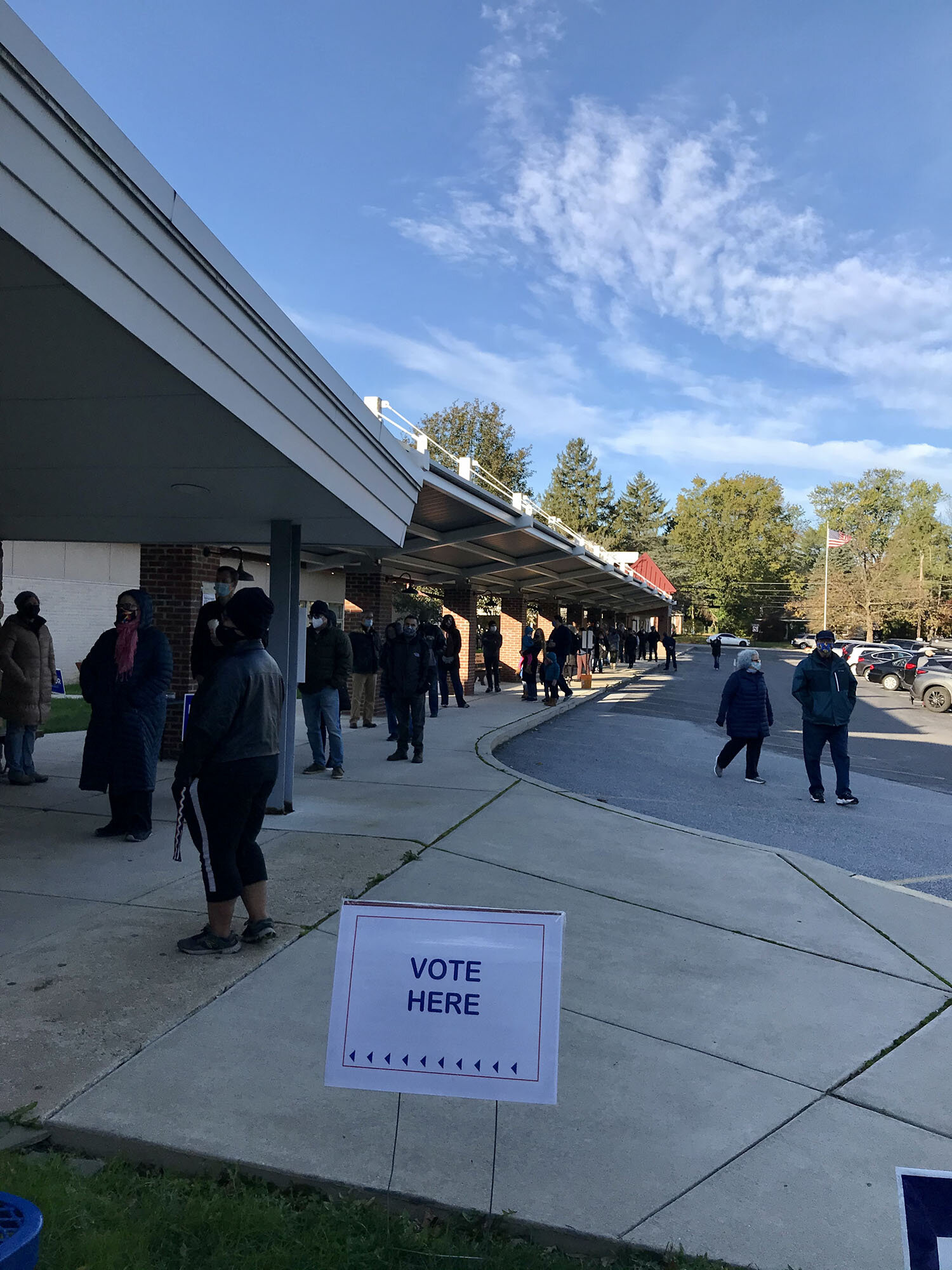
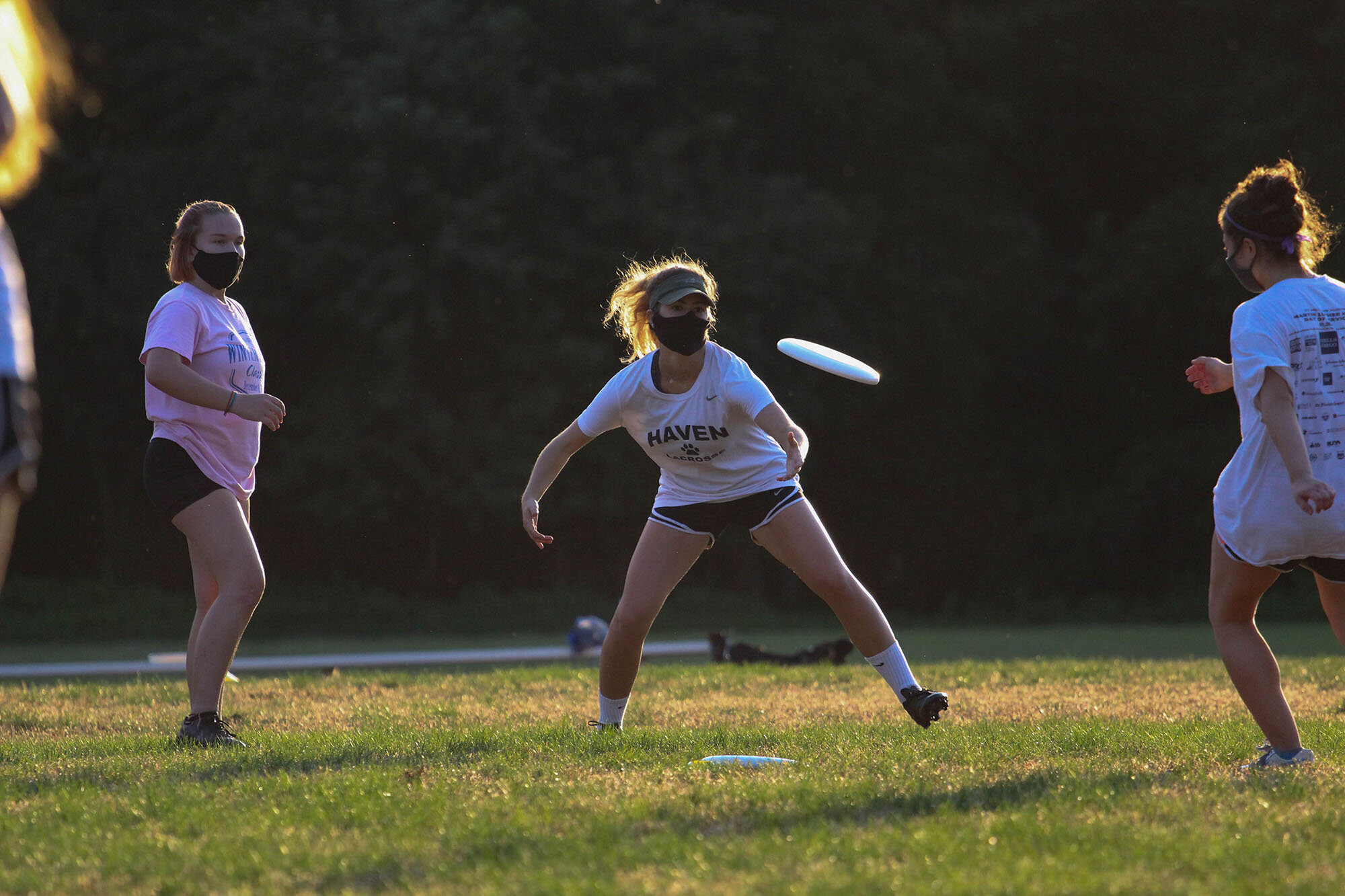
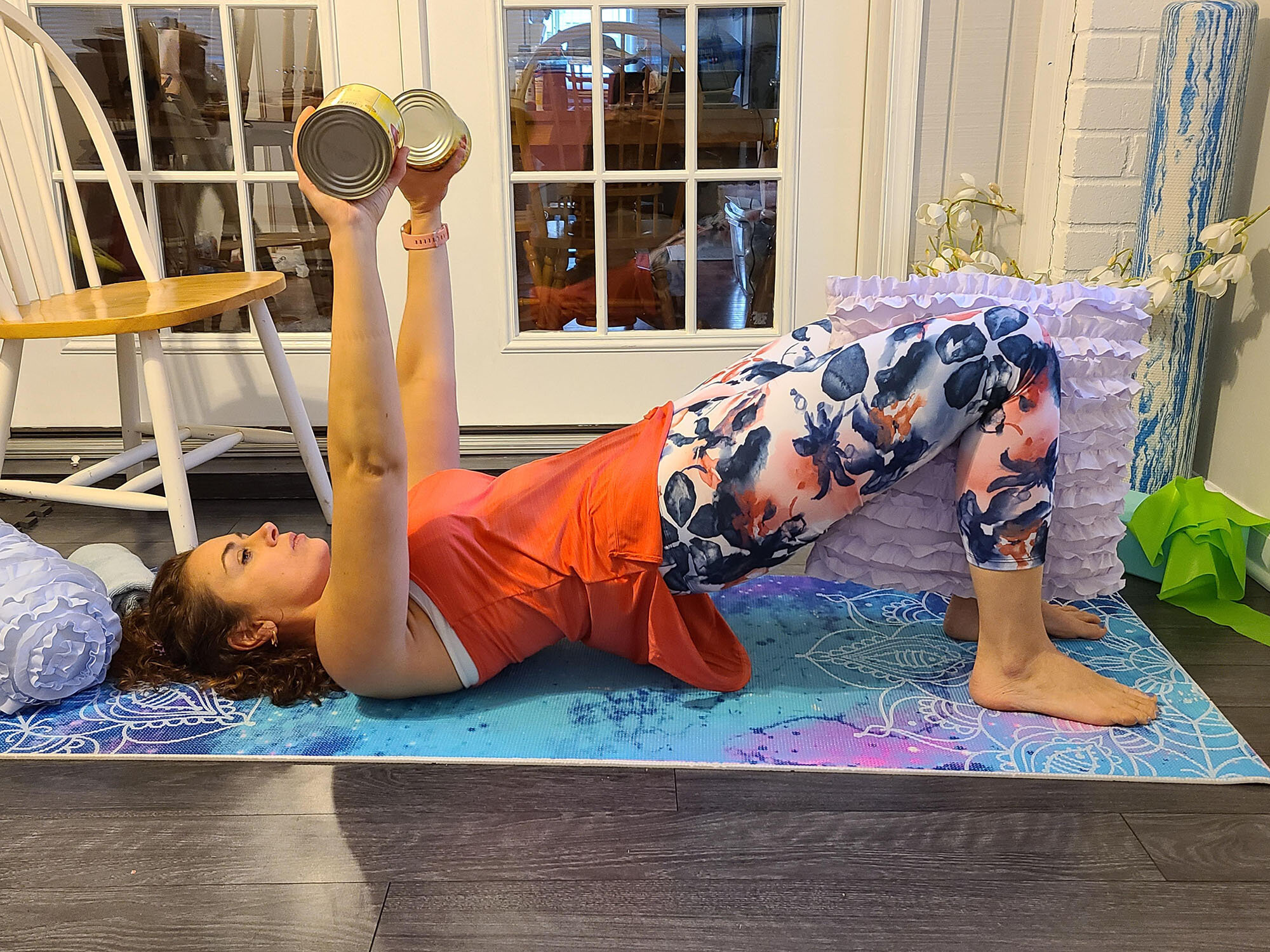


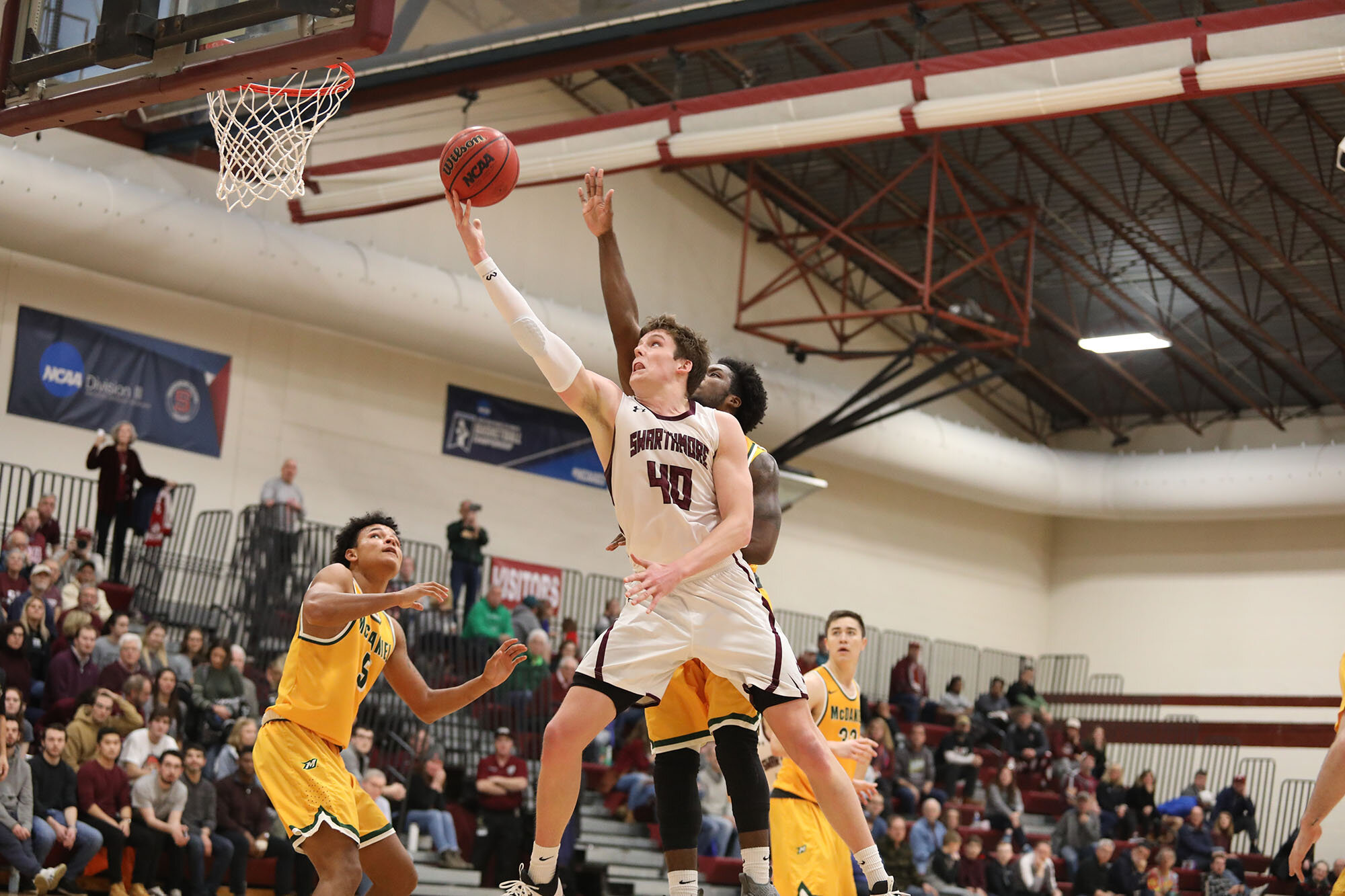
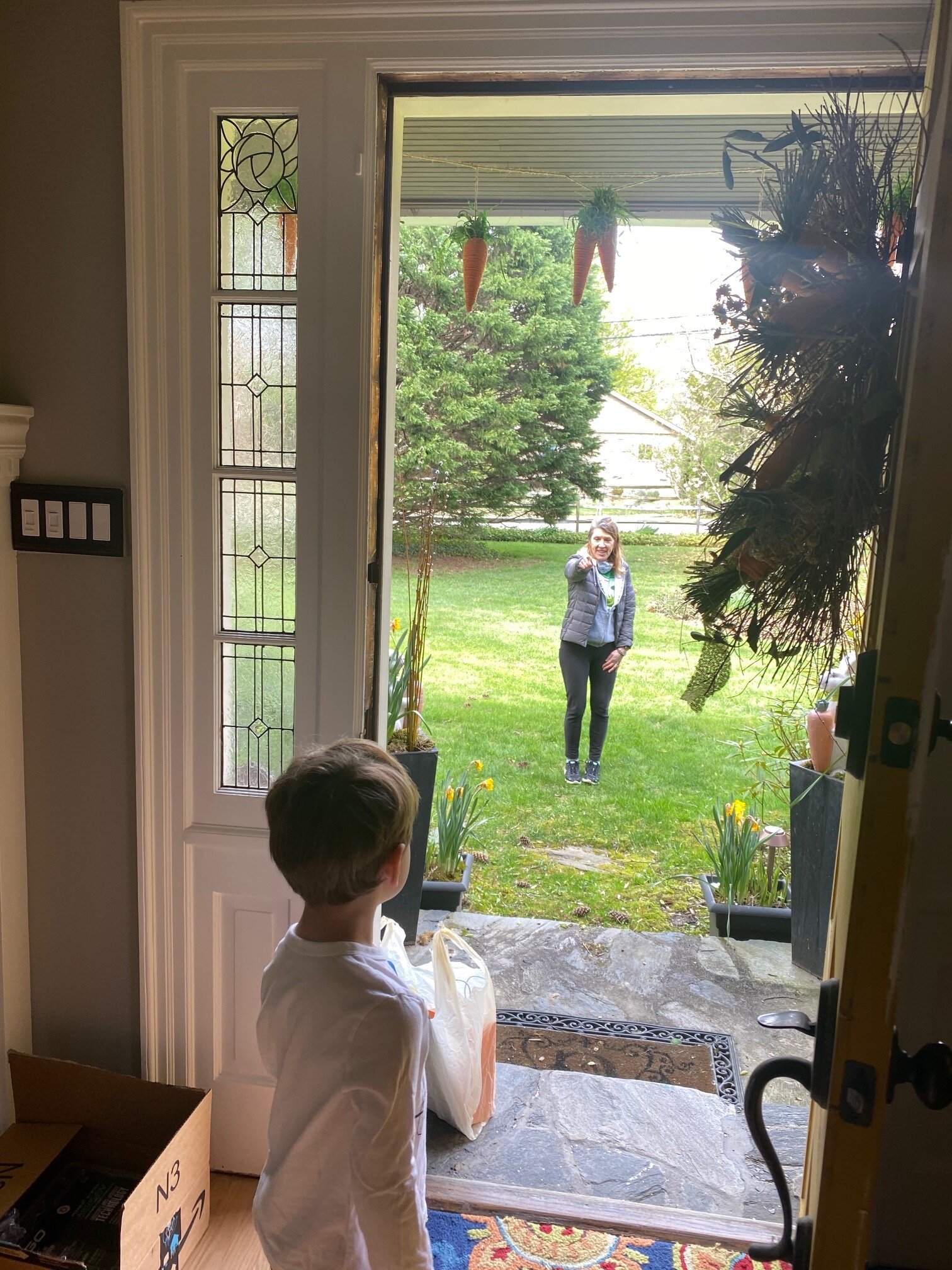
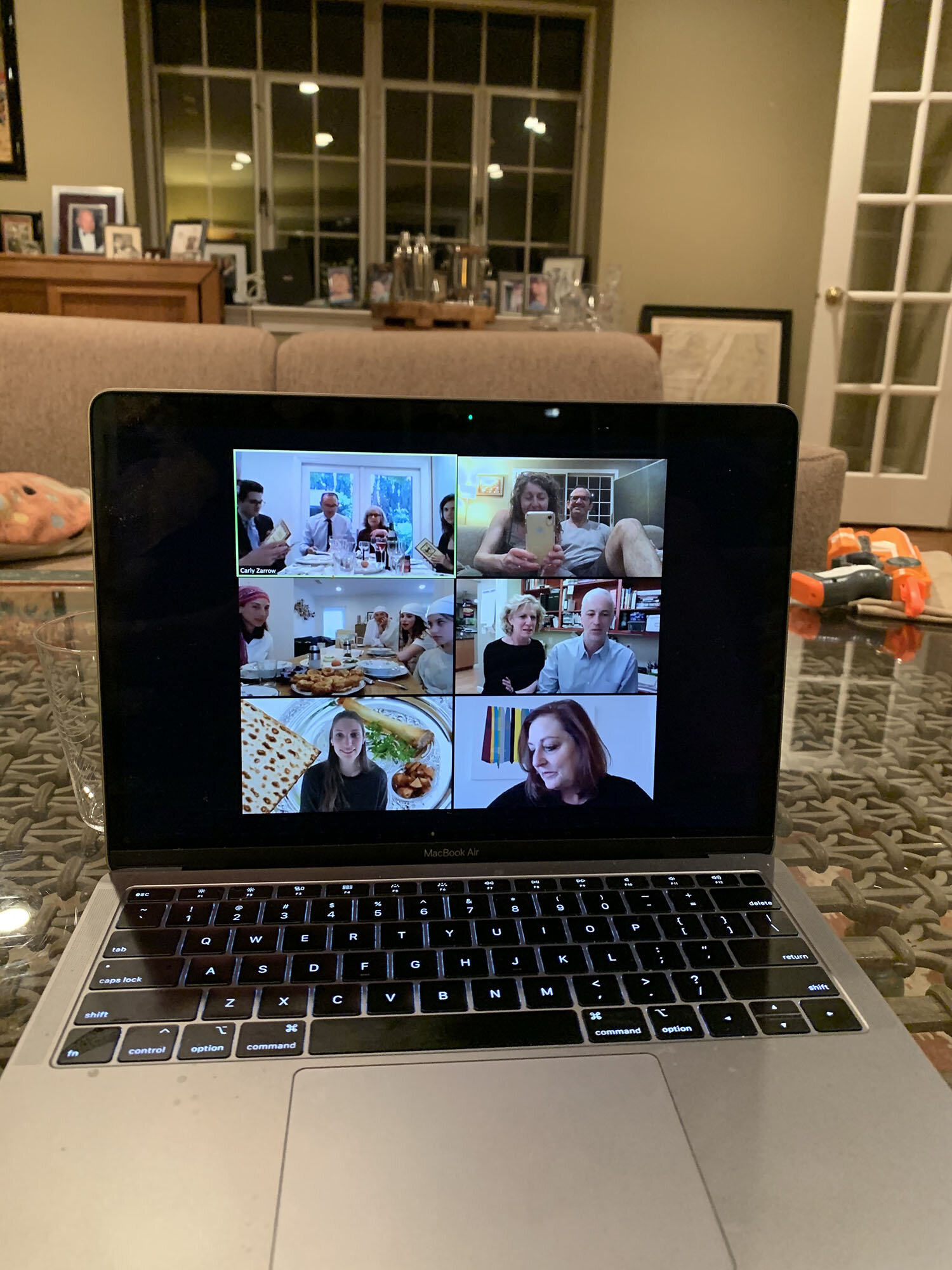
In Memoriam
Finally, let’s take a moment to remember those we’ve lost.
Jacqueline V. “Betsy” White, Elizabeth Garrett Hayes, Roger G. Swinburn, Marion M. Fukushima, Gertrude (Trudi) Battershall, Nancy June Morison Miller, Ann Blackburn, Robert L. Long Jr., Sandy Crosset Ward, Ray J. Ripper, Richard H. Welsh, Nancy Moore Ruskin, Katharine Downing Myers, Harriet (Sibby) Toland, Jeffrey R. Travers, Betty Tucker Hendrickson, Harold E. Pagliaro, Betty Lou Cutlip Reed, Brooke Powell Cotton, William Rowles Phillips, Macfarlane Hoffman, Virginia “Billie” Morse Minisci, Raymond Welbourn, Candace C. Brosnan, Rolf E. Christensen, Kenneth S. Rawson, Harry McCallister, Joan Marie Haughey Wright, Dolores Baughn, Lynn “Kip” Kippax Jr., Marion Joan Faber, Holman Weiser Jenkins Sr., Ann Pegram Fox, Thomas Christie, Alice Putnam Willetts, James L. Marshall, Eric Stephen Buhayar, Wayne G. Brown, William “Brad” Blackman, Mary Ann Jeavons, Shirley Lloyd Fulbright Kirby, Barbara L. Calkins, Joseph Michael Novi, Janet Randall Brennan, William B. Carey, Kristen Jane Hagstrom, Mark Aiken Heald, Harvey Edward Kennedy, Dorothy Childress Kennedy, Stephen Spero Golub, Chanly Jong, Betty Ann Wilson, Emily Richardson, Mary McCanny Gergen, Elissa Ruth Chansky, Lawrence Green, John G. Poole, Theodore “Dorie” Friend, Robert Charles Good Jr., Janet H. McCown, and Debra June Hartman Peca.




